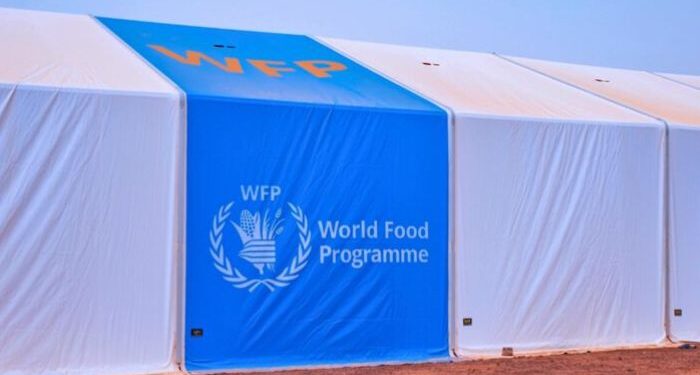The United Nations World Food Programme (WFP) on Thursday issued a warning that thousands of refugees in Kenya could face increased food insecurity as the agency confronts a severe funding shortage, forcing drastic cuts to food assistance.
The agency has warned that without an urgent injection of funds, around 720,000 refugees in Kenya will see their food rations slashed by 28% starting June this year while all cash assistance is suspended.
The crisis stems from a significant shortage in funding. According to a statement released by WFP on Thursday, the agency urgently requires US$44 million to offer full rations and maintain cash assistance through August 2025.
The development comes as Kenya has seen over a 79% spike in its refugee population over the past five years. Currently, the East African country hosts about 843,000 refugees and asylum seekers who have fled conflict and severe drought in neighboring countries like Somalia and South Sudan.
However, the agency noted that the growing needs among refugees had stretched the available resources to the limits.
“With available resources stretched to their limits, we have had to make the difficult decision to reduce food assistance again. This will have a serious impact on vulnerable refugees, increasing the risk of hunger and malnutrition,” said WFP’s Deputy Country Director in Kenya, Baiman Sankoh.
The impending cuts follow previous reductions that have severely impacted the refugee communities. In February this year, food aid was cut to just 40% of the recommended daily intake of 2,100 kilo calories per person. The consequences of these cuts are severe, with many refugee families facing severe food insecurity. The Global Acute Malnutrition (GAM) rates among refugee children and pregnant or breastfeeding women already stand at 13%, above the emergency threshold of 10%.
According to WFP, The refugee camps most affected by these cuts include Kakuma and Dadaab, along with the Kalobeyel settlement. The program leadership warns that the drastic reduction in food aid will compel desperate families to make heartbreaking choices, including selling off their few remaining belongings, pulling children out of school to work, or returning to their volatile home countries.
Read More: Gates Foundation, other Philanthropies Launch $500M Maternal, Newborn Health Fund in Africa




